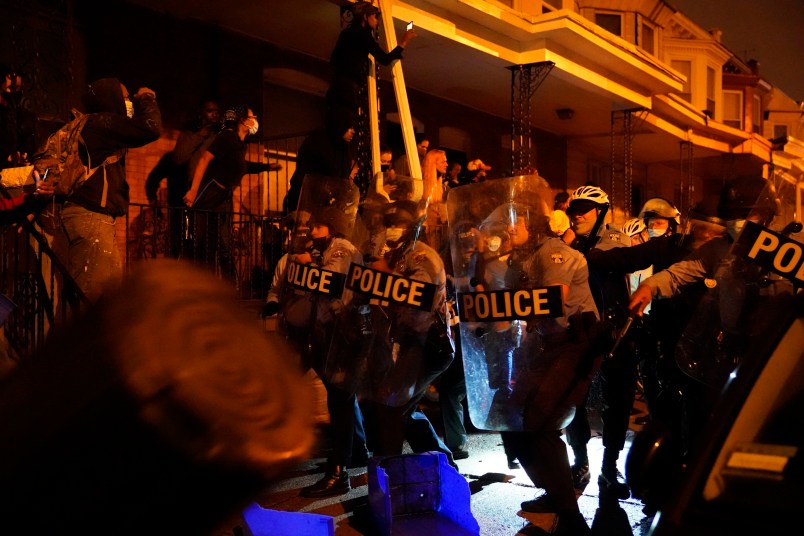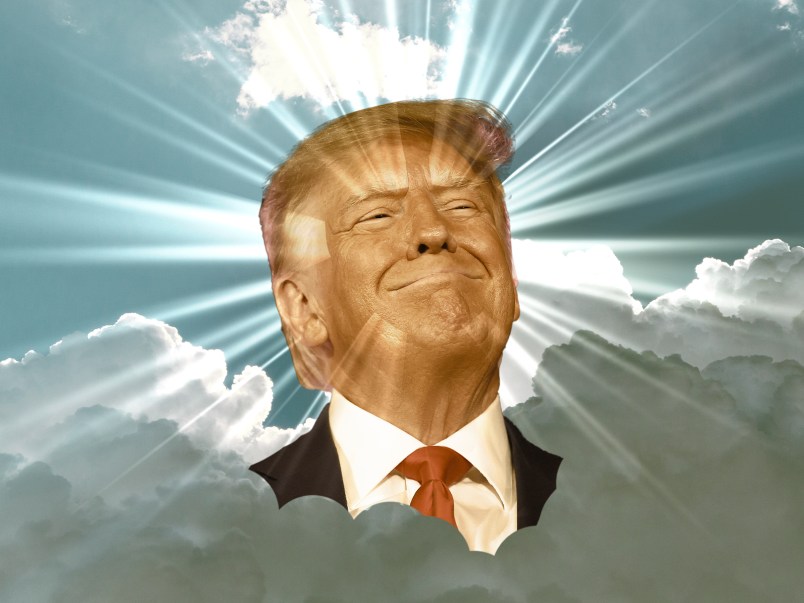I went in with low expectations reading this article in The New Republic about whether criminal justice reform can survive the COVID-triggered rise in violent crime. I say low expectations because I’m accustomed to reformers being in denial about the role of violent crime in triggering support for punitive law enforcement regimes. Equally I find they are often in denial about the relevance of arguing – even convincingly – that rising crimes rates are not driven by lack law enforcement. But the article was quite good. It made the case, fairly persuasively, that the 2020-2021 crime surge isn’t tied to reformist criminal justice policies. It also explained why this likely won’t matter, or at least that public fear tends to drive more punitive and authoritarian law enforcement regimes whether or not those policies are rooted in clear evidence of efficacy.
It brings me back to a point I’ve thought about for years: that those who believe in less punitive and authoritarian law enforcement regimes and those who believe in liberal social values generally have the greatest interest in keeping crime rates low. ‘Law and order’ is a loaded phrase, redolent with beliefs in repression, order, authority. A less loaded phrase is public safety. We tend to think that conservatives care most about this. And perhaps in some sense that’s true. But liberals have the greatest interest in preserving it because nothing – simply nothing – provides a seedbed for conservative and authoritarian policies like insecurity and fear driven by crime, particularly violent crime.
There is a segment of the criminal justice reform community which suggests that the entire war on crime era stretching through most late 20th century was simply a product of racism or a way to recapitulate racial subordination in the absence of formal segregation. But the Late 20th Century Crime Wave was real, statistically and demonstrably so. Our societal and political reactions to it were shaped by racism and in many ways recapitulated systems of racial subordination. But the rising rate of crime, especially violent crime, was very real, very measurable and played as big a role as anything else in triggering the rightward shift of American politics that we still in many ways live with. If you don’t come to grips with that central fact you’re simply kidding yourself about the world most of us were born into.
I don’t think we should run from the idea that general anti-‘war-on-crime’, mass incarceration activism is responsible for some of the rise in crime. It can affect police behavior. It may sour people on law enforcement and make them less likely to cooperate with cops. We also shouldn’t rule out the possibility that some police actions are wrong, racist, illegal but also do have some impact in reducing crime. But it seems very clear that the overwhelming driver of the crime wave of the last year is the massive social dislocations created by the COVID epidemic. Lots more young men – always the biggest driver of crime and especially violent crime – are out of school or out of work. There are huge social stresses driven by the pandemic. Those lead to crime. Privation directly is usually not a big driver or crime. But the social and familial stresses associated with it can be. There are urban spaces that are vacant and thus more ripe for various crimes of opportunity. Add on to these opportunistic crimes layered on to protest and a more general social disinhibition and all of this makes perfect sense. And yet it doesn’t matter. It seems all but impossible to think the pre-COVID movement for criminal justice reform will survive any protracted rise in rates of violent crime and the public perception of disorder, insecurity and fear that come with it.
That brings us to another question I’ve raised in my earlier posts about the Crime Wave of the Late 20th Century and it’s eventual end in the 1990s. There are many theories. But the truth is we really don’t know why crime started falling in the mid-1990s. And that’s a problem because if it ever starts rising again we will be just as much at its mercy (both in the sense of literal violence to our persons and to its political impact) as we were in the 1970s and 1980s. And now it is rising. So here we are.
What I liked about the article by John Pfaff, which I referenced above, is that it was realistic about these realities and also pointed to concrete ways that reformers can affect policy even in a far less hospitable political climate. One of these is creating funding for non-policing public safety agencies without coupling it with budget reductions for police agencies (always a red line for any public agencies) and the political toxic messaging of “defund the police.” It’s a good article and I recommend it. We need to hope – and I’m actually cautiously optimistic on this front – that the crime surge will start to ebb as the pandemic does. If it doesn’t, we will likely be heading into a politics much less friendly than the one we face today.







